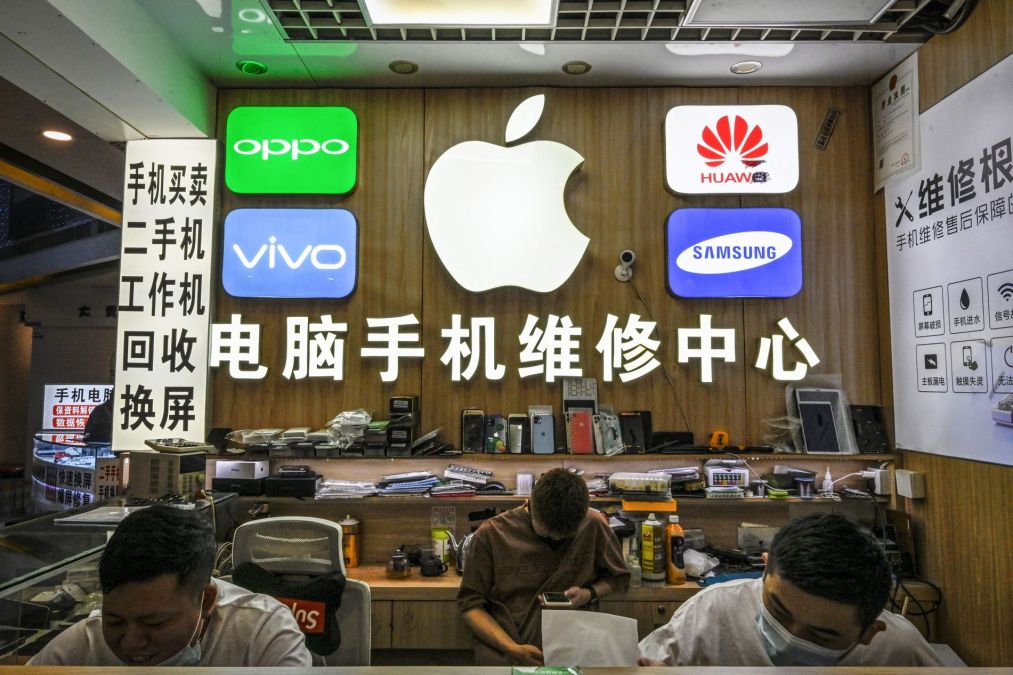Florida ban on foreign tech a DeSantis overreach, researcher says

Florida Gov. Ron DeSantis last week issued an executive order and proposed legislative actions designed to make it more difficult for China and other “hostile foreign powers” to do business in his state, including a prohibition against any government entity in the state from procuring technology products or services from the banned countries.
The countries covered by DeSantis’ dictate include China, Cuba, Iran, North Korea, Russia, Syria and Venezuela, most of which are already under federal embargo. In addition to the technology-buying ban, DeSantis also proposed legislative actions that would prohibit governments entering contracts with companies in foreign countries that would share the personal information of Floridians. Another proposal would ban purchases of agricultural land and land surrounding military bases by “foreign countries of concern,” and another targets foreign gift-giving to U.S. higher education institutions.
In an announcement last Thursday, DeSantis said the actions were necessary because “the Communist Party of China has been worming its way into our nation’s data storage systems and buying up tracts of land near sensitive national security sites.” But the reach of his order could be limited, one researcher told StateScoop.
“It’s political grandstanding, because he doesn’t have the authority to do this,” said James Andrew Lewis, a senior researcher with the Center for Strategic & International Studies. “The only thing he can do is ban the State of Florida from buying technology from dangerous states, but that’s it. He could declare that anyone that buys it has to paint themselves blue and it wouldn’t have any more influence.”
Lewis said he supports bans against doing business with the nations included in DeSantis’ order, but that in addition to overreaching, the Republican governor’s ban against buying technology is largely redundant. The federal government already holds embargos against most of the nations on DeSantis’ list and has been selectively banning the government purchase of Chinese technology for several years, most famously with the Trump administration’s 2019 Huawei ban.
“Anything connected to the internet that goes back to China can be exploited for intelligence purposes and the Chinese are kind of famous for that,” Lewis said. “They do have predatory trade policies and you don’t want to reward them for stealing [intellectual property], for using illicit subsidies. It makes sense, but the question is always, are there alternative suppliers, who else do you buy from, is this a strategic technology? Usually when it comes to China the answer is no.”
For many widely used technologies — particularly surveillance cameras, drones and networking equipment — finding alternative countries to buy from is difficult or impossible because China dominates the low end of the technology market, Lewis said. And American companies’ reliance on Chinese technology further muddies the definition of a ban like DeSantis’ — many American technology products, such as those designed by Apple, are built in China and contain many Chinese components.
Lewis said several other U.S. states are considering similar actions to limit the risk posed by technology developed by U.S. adversaries, but that Florida is the first state to implement such a ban.






